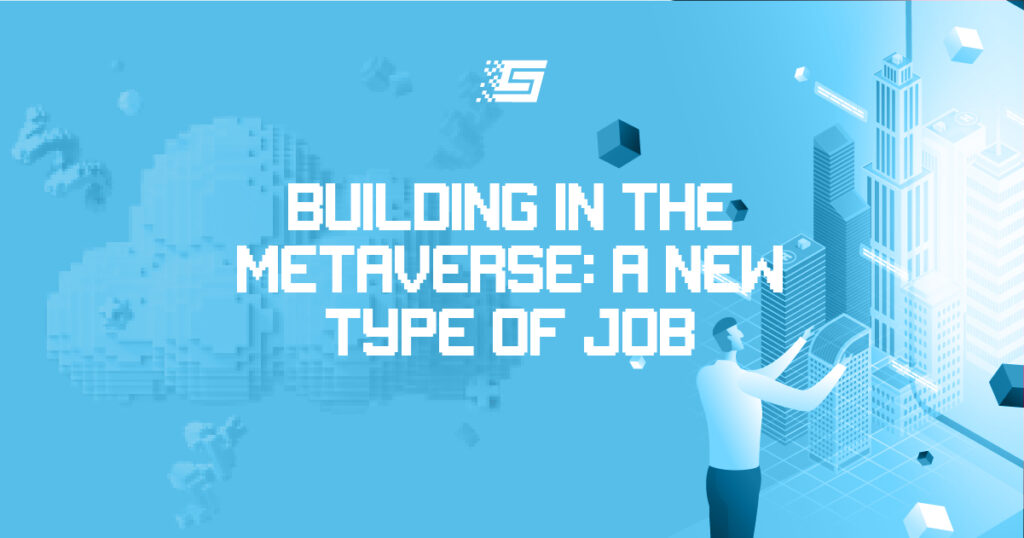Hosting Events In The Metaverse
If you would like to host an event in virtual worlds, this guide will show you everything you need to make it successful. From finding the right venue and aim of your event to attracting attendees, we will cover it all.
The metaverse is a digital environment that allows users to interact with each other in a virtual space. Online games such as Decentraland and The Sandbox are two of the best examples of existing metaverses.
In the metaverse, events can be anything from live concerts to conferences and conventions. These events often take advantage of the unique capabilities of virtual worlds, such as the ability to fly or teleport. They can be designed to look and feel just like events in the real world. For instance, a music festival in the metaverse could feature virtual stages with live bands performing to an audience of avatars. Or a conference could be organized in a virtual convention center with exhibitors and keynote speakers. The events provide a way for people to come together and experience something new and different.
Events that take place in the metaverse have become increasingly popular as they offer a unique and immersive experience that traditional events can’t match. There are key differences between virtual and traditional events, however.
Firstly, virtual events take place entirely online, meaning you can attend them from anywhere in the world. In contrast, traditional events usually require you to be physically present in order to participate. The virtual events typically have a much lower carbon footprint than traditional events as they don’t require travel or physical materials. Virtual events often use cutting-edge technology such as VR (virtual reality) and AR (augmented reality) to create an even more immersive experience.
Steps To Planning A Metaverse Event
Firstly, you will need to determine the type of event you want to host. The metaverse is an extremely versatile platform that can accommodate many different kinds of events, from product launches to trade shows, live events, and parties.
Once the event organizers decide on the type of event they want to host, the next step will be to find a suitable venue. There are a selection of different virtual worlds offering event spaces, each one with its own unique look and feel.
You will need to decide which world is the best fit for your event before you can proceed. Once you have found an ideal virtual venue, you can start planning your event.
Deciding The Logistics Of Your Event
You will need to decide on the date, format, and structure of your event. One big question would be, will your event be live or pre-recorded?
How long do you plan for your virtual event to last? What kind of activities might you include? Are you promoting your event on social media? These are a few questions you might need to answer as you plan your event.
What Makes A Successful Metaverse Event
A successful metaverse event would engage participants in a way that feels natural, easy to access, and fun. The key lies in designing an event that makes use of the unique capabilities of the given metaverse platform.
For example, a successful event might make use of avatar customizations, special effects, or interactive game elements. On the other hand, events that simply try to replicate real-world events in the metaverse will likely feel flat and uninteresting.
To be successful, events in the metaverse need to take advantage of a platform’s strengths and create immersive and engaging experiences for participants. These experiences should directly result in some kind of conversion (such as app downloads, signups, sales, leads, or donations).
The Future Of Event Planning
VR and AR are two technologies that are rapidly evolving and have the potential to forever change the event planning landscape. While virtual reality has been used for gaming and events for a few years now, augmented reality is only just starting to be used for events.
Metaverse events are becoming more popular with the improvements in technology, and more people are comfortable using VR headsets. Augmented reality is beginning to be used more for events nowadays, with applications that allow attendees to look up event information and interact with virtual objects.
The events industry will soon be disrupted by virtual venues and virtual, hybrid events that will change in-person events in the physical space dramatically in the future.
As these technologies develop, they will have a major impact on event planning. VR and AR offer new ways to engage with attendees and create unique experiences.
In Conclusion
VR and AR events are still in the early stages of adoption, but they present a truly unique opportunity to create unforgettable experiences for attendees.
Here are a few more helpful tips for planning your next VR or AR event:
- Be sure to budget enough time and resources for development – it can take longer than expected to create a truly immersive experience.
- Think about your target audience and what will appeal to them – not everyone will be interested in VR or AR events, so make sure you market your event accordingly.
- Test out your event before launch – nothing is more frustrating than experiencing glitches during an event.
- Make sure everything in terms of the software development works as it should before opening up registration.


